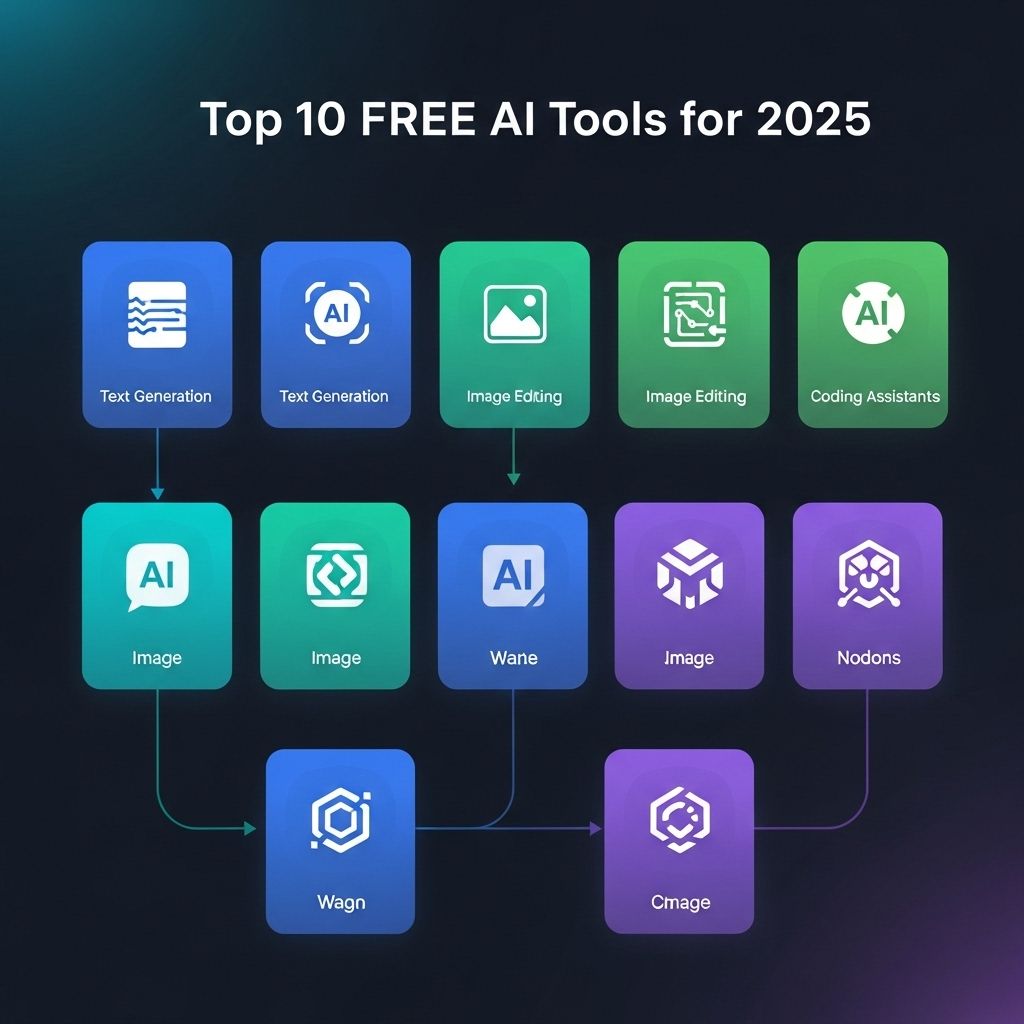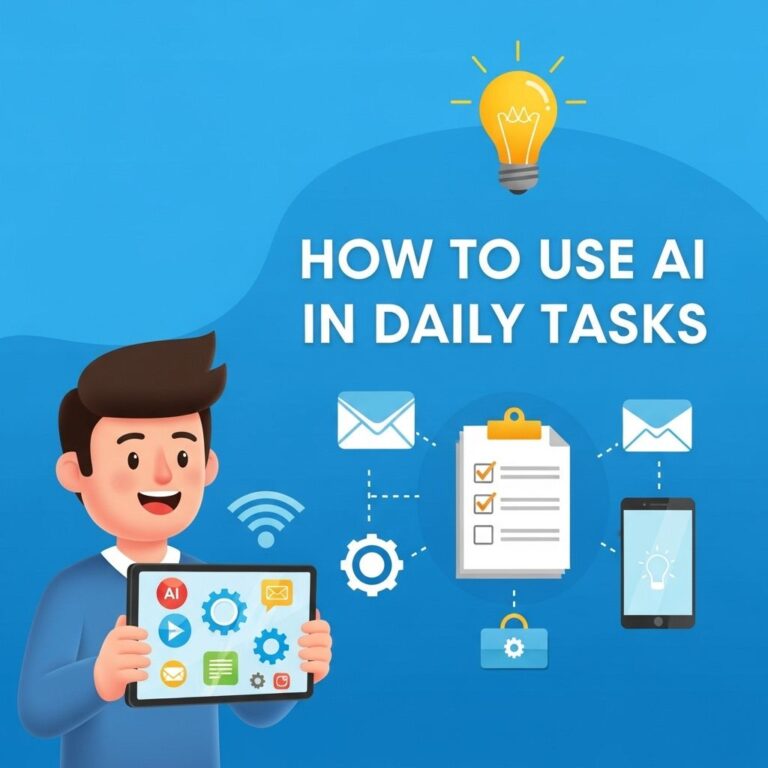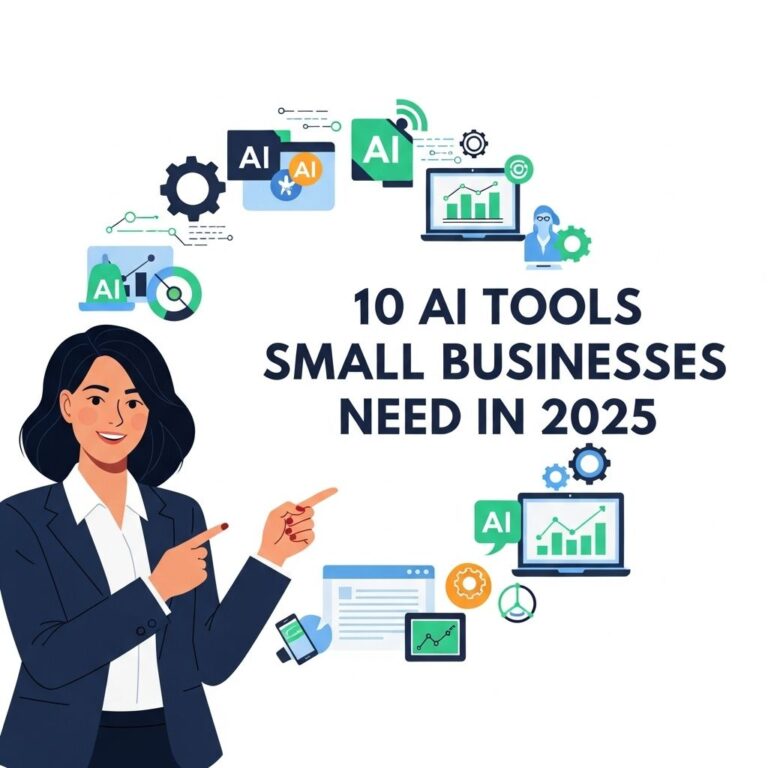As we step into the future, artificial intelligence (AI) continues to reshape industries and enhance everyday tasks. The emergence of AI tools that are not only powerful but also free to use has democratized access to technology for individuals and small businesses alike. Whether you’re a developer looking to integrate AI into your applications, a marketer seeking to analyze data better, or simply an enthusiast wanting to explore AI capabilities, there are numerous tools available that can help you accomplish your goals without breaking the bank. This article will explore the top free AI tools that are expected to dominate in 2025, providing insights into their features and applications.
Table of Contents
1. OpenAI’s ChatGPT
ChatGPT has set the standard for conversational AI, capable of understanding and generating human-like text. This tool is particularly useful for:
- Customer support automation
- Content creation
- Programming assistance
- Language translation
Leveraging its natural language processing capabilities, ChatGPT can be integrated into various applications via API, making it a versatile tool for developers.
2. Google Colab
Google Colab is a cloud-based Jupyter notebook environment that allows users to write and execute Python code seamlessly. It is especially beneficial for machine learning and data analysis thanks to its integration with TensorFlow and PyTorch. Key features include:
- Free access to powerful GPUs
- Easy sharing of notebooks with collaborators
- Integration with Google Drive for storage
This makes Google Colab an ideal platform for data scientists and developers looking to prototype their AI models.
3. TensorFlow
TensorFlow remains one of the most widely used open-source libraries for machine learning. It supports a variety of tasks including:
- Deep learning model development
- Image and language processing
- Time-series analysis
The extensive community and rich set of tutorials make TensorFlow an excellent choice for those eager to delve deeper into AI.
4. Hugging Face Transformers
The Hugging Face Transformers library is a game-changer for natural language processing. It provides pre-trained models and an easy-to-use interface for tasks such as:
- Text classification
- Sentiment analysis
- Text generation
With ongoing advancements and a robust community, Hugging Face continues to be instrumental for developers and researchers alike.
5. Runway ML
Runway ML is an intuitive platform that allows creative professionals to use machine learning without needing to code. It is particularly popular among:
- Graphic designers
- Filmmakers
- Musicians
Runway ML supports features such as:
- Video editing with AI
- Image generation
- Text-based content generation
Its user-friendly interface empowers creators to incorporate AI into their workflows easily.
6. IBM Watson Studio
IBM Watson Studio is a versatile suite designed for data scientists and business analysts, providing tools for:
- Data preparation
- Model development
- Deployment of AI models
The platform supports various programming languages, including R and Python, making it flexible for users with different backgrounds.
7. Microsoft Lobe
Microsoft Lobe is an easy-to-use tool for building custom machine learning models. Its drag-and-drop interface allows users to train models without writing any code. Key advantages include:
- Automated model training
- Quick deployment options
- Accessibility for non-technical users
This makes Lobe an excellent choice for small business owners and hobbyists aiming to leverage AI in their projects.
8. DataRobot
DataRobot offers a powerful platform for automated machine learning, allowing users to build high-quality predictive models quickly. It is suitable for:
- Business intelligence
- Predictive analytics
- Data-driven decision-making
With its intuitive interface, users can upload data and generate models with minimal effort.
9. Teachable Machine
Teachable Machine is a web-based tool from Google that allows users to train machine learning models using images, sounds, and poses. Its main features include:
- Easy model training without coding
- Real-time feedback
- Compatibility with various platforms
This tool is particularly useful for educational purposes and for individuals looking to experiment with AI.
10. Snorkel
Snorkel is an open-source framework for building and managing training datasets. It is particularly beneficial for:
- Rapidly annotating data
- Improving data quality
- Streamlining the model training process
With its innovative approach, Snorkel allows users to automate the tedious process of data labeling, saving time and resources.
Conclusion
The future of AI is promising, and the tools mentioned above are just a glimpse into what is available for free to users in 2025. As the landscape of artificial intelligence continues to evolve, staying updated with the latest tools and technologies will be essential for maximizing productivity and innovation. Each of these tools offers unique capabilities that can cater to the varied needs of individuals and organizations, ensuring that everyone can harness the power of AI effectively. Embrace these AI tools to enhance your projects, streamline your workflow, and pave the way for future advancements.
FAQ
What are the best free AI tools available in 2025?
Some of the top free AI tools in 2025 include OpenAI’s ChatGPT, Google’s AutoML, and IBM Watson Assistant, among others.
How can I access free AI tools?
Most free AI tools can be accessed online through their official websites or platforms, often requiring a simple sign-up process.
Are free AI tools suitable for professional use?
Yes, many free AI tools are designed for both personal and professional use, offering robust features that can aid in business applications.
What types of tasks can free AI tools help with?
Free AI tools can assist with various tasks including natural language processing, data analysis, automation, and image recognition.
Is there a limit to the features of free AI tools?
While free AI tools offer substantial features, some may have limitations in terms of usage, data capacity, or advanced functionalities compared to paid versions.
Can I use free AI tools for educational purposes?
Absolutely! Free AI tools are excellent resources for students and educators looking to enhance learning and research capabilities.









